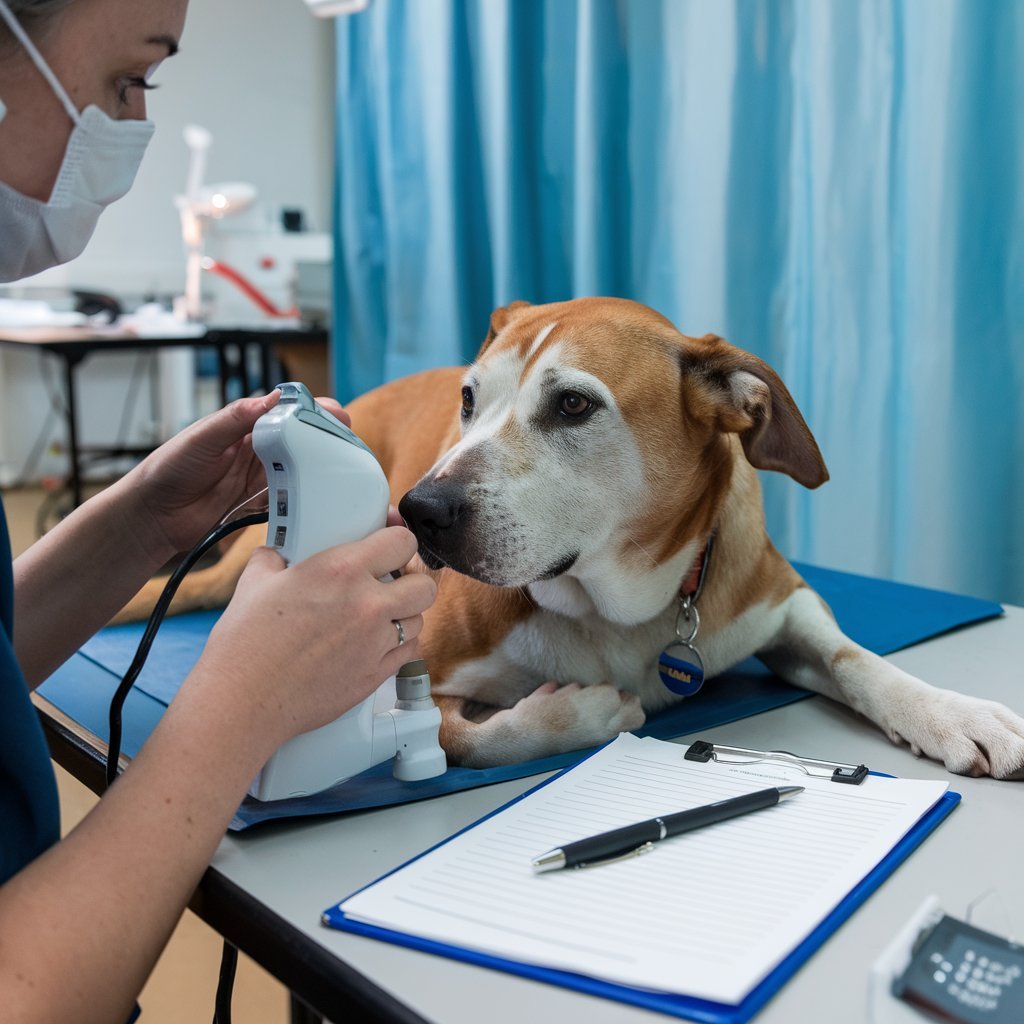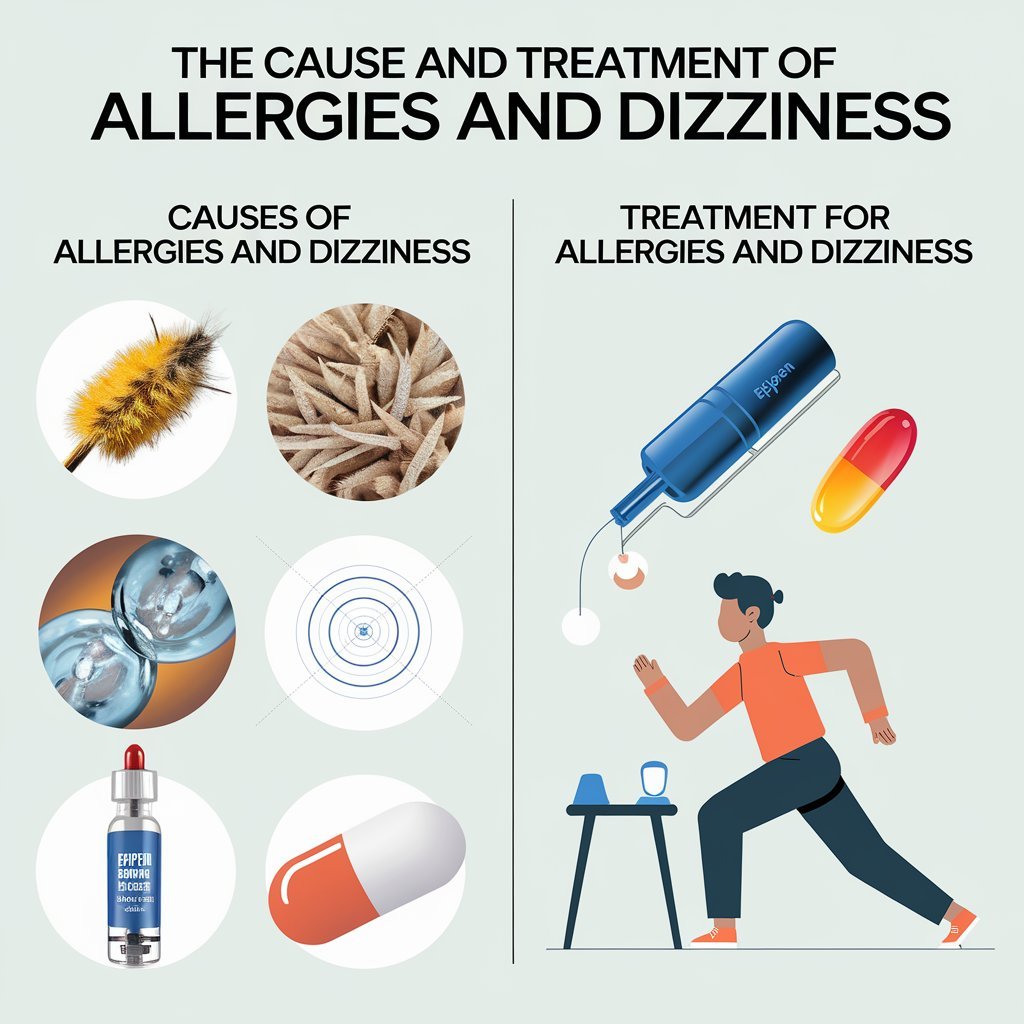The best time to take allergy medicine, antihistamines, decongestants, or steroids is about two to four weeks before allergy season. The timing of allergy season varies from person to person and depends on your location and the time of year. Spring allergy season usually starts in February and ends during the early summer. Allergens, such as grasses, trees, and weeds, circulate during summer and fall.
Should you take allergy medicine at night or in the morning? It might help to take allergy medicine at bedtime. Many notice that their symptoms, which include a runny or itchy nose, sneezing, coughing, or watery, itchy eyes are worst during the early morning
Seasonal allergies, also known as seasonal allergic rhinitis (hay fever), are common in the United States. Over 67 million adults and 14 million children have seasonal allergies. Keep reading to find out if and when it is appropriate to start taking allergy medicine and other ways to avoid allergy symptoms.
When to Start Taking Allergy Medication?
According to Stanley Schwartz, MD, Ph.D., chief of medicine in the division of allergy, immunology, and rheumatology at the University at Buffalo, two to four weeks before allergy season begins is the general rule of thumb. On the other hand, antihistamines tend to work immediately and do not require a long preparation period.

- Location: Spring allergy season can begin as early as January in warmer regions of the U.S. Plants usually pollinate earlier than average if there are mild temperatures during winter.
- Time of year: You can start getting ready for spring allergies around Valentine’s Day, said Christina Cruz, MD, an allergist and immunologist at Tufts Medical Center. That date may be later in the year if you usually get summer or fall allergies. For instance, mid-July or early September might be a good time if you are allergic to ragweed.
- Types of allergies: The primary cause of spring allergy season is trees, which pollinate earlier in the year. Grass pollen can be a cause in late spring and summer. People allergic to ragweed or other related plants can have symptoms start in late summer and last into early winter.
How Often Should You Take It?
The frequency of taking allergy medicine depends on the type. For instance, you can take an antihistamine or use a nasal steroid spray daily to manage seasonal allergies. You may find that your symptoms peak during the early morning, from 4 a.m. to 6 a.m. Taking antihistamines at bedtime may help alleviate this.
You can use a decongestant with an antihistamine or a nasal steroid spray to control the symptoms. Some antihistamines contain decongestants. However, remember that experts always recommend using a nasal spray decongestant for no more than three days.
What if I Miss a Dose?
Allergy medicines only work to reduce symptoms if taken regularly. Take the missed dose as soon as possible to prevent your symptoms from coming back. If you know it is nearly time for your next dose, you will likely want to skip the missed dose. Do not double up on antihistamines, decongestants, or nasal steroid sprays if you completely miss one of your doses.
How Do You Know If You’re Taking the Right Medicine?
According to Dr. Cruz, treatments available to manage symptoms can vary and often involve a fair amount of “trial and error.” There is no evidence that the efficacy of antihistamines diminishes over time. Still, you might feel like you get better results when switching brands or medication types during allergy season.
“One brand may work particularly well on them for a certain amount of time, but then it kind of loses its efficacy the longer they use it. It’s not like a permanent tolerance develops,” said Dr. Cruz. “Your body kind of gets used to it, and it needs a break.”

You might want to go to an allergist and discuss allergy shots if a change in your medication doesn’t work. Allergy shots are a means of eradicating the symptoms of allergy, but it takes about three or more years to have complete effects.
Other Ways to Prevent Allergy Symptoms
You may not be able to prevent seasonal allergies entirely. Still, there are several ways you can reduce allergy symptoms, apart from medication, such as:
- Avoid triggers: Air pollution, tobacco smoke, and wind.
- Close windows and doors: This keeps out pollen, particularly on high pollen days.
- Shower or bathe at night: This removes allergens from the hair and skin.
- Use air filters: Air filters help filter out some of the pollen within your home.
- Use sunglasses: Sunglasses keep allergens off your eyes.
- Wash hands after petting animals: A common allergen comes from pet dander.
- Wear a mask: Try wearing a mask while outdoors during the worst of your allergy symptoms.
- Wrap your bedding and mattress: Use dust and mite-proof covers.
- You can still enjoy the outdoors, even if you have seasonal allergies.
Talk to an allergist if your symptoms do not improve or are difficult to manage. They can advise treatments and help develop a plan to control your symptoms.




